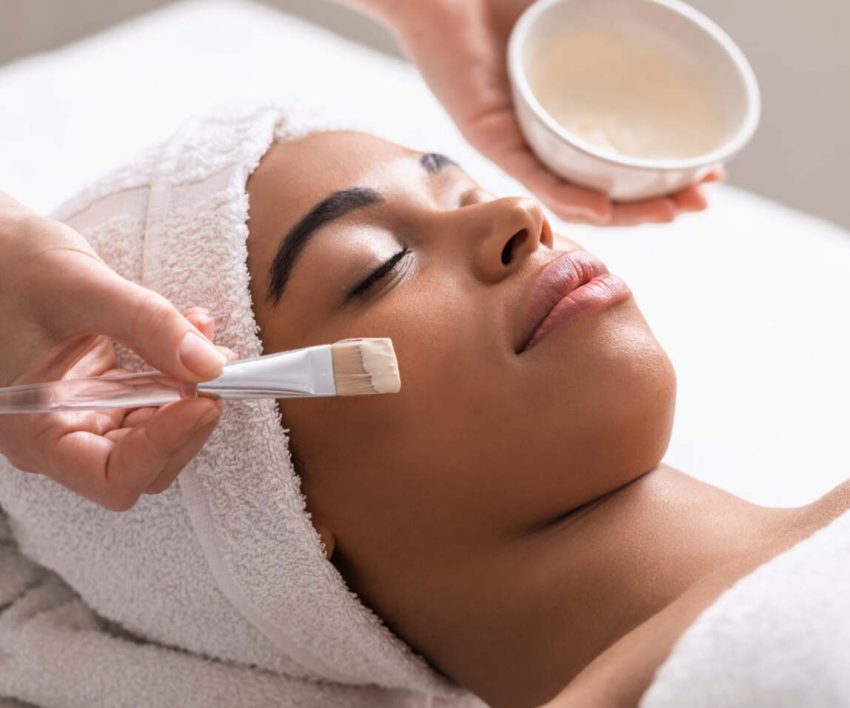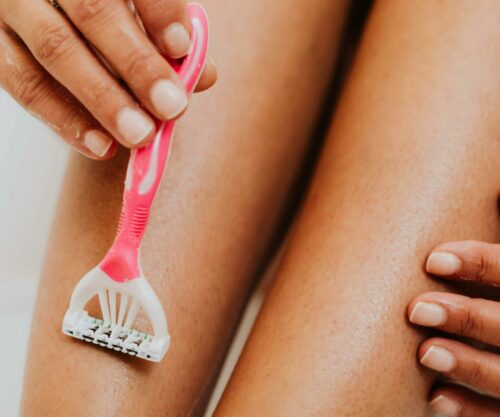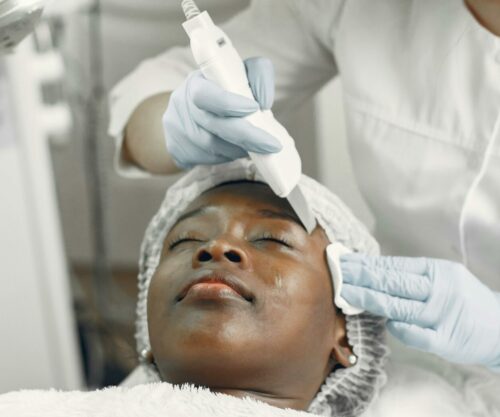
Chemical (face) peel, also known as chemexfoliation, is a facial resurfacing technique that uses a chemical solution to improve and smooth the texture of the facial skin by removing its damaged outer layers.
During chemical peel, dermatologist or beautician will apply a chemical solution to your skin. This solution peels away damaged skin cells, allowing healthy skin to grow in their place.
Chemical peels come in a light chemical peel, medium chemical peel and deep chemical peel. Choosing the type of chemical peel to go for is usually dependant on your dermatologist or beautician after a careful consultation of your skin’s needs.
Following are skin conditions that make chemical peel beneficial as per Healthline.
Acne scars – as acne heals, the skin creates new collagen fibres in as it tries to repair lesions that have been created by inflames skin. The production of new collagen fibres can create hypertrophic scars. Which are bumpy and raised, or atrophic scars, which create depression in your skin. A chemical peel can help by exfoliating the top skin layer, which removes excess collagen. Medium chemical peels are normally recommended for acne scars.
Dullness – if you’re unhappy about your skin’s dull complexion a chemical peel might be just what you need. The chemical peel treatment allows for new skin to resurface leaving your complexion looking healthier and brighter.
Hyperpigmentation –in addition to acne scars and age spots, chemical peel can improve other forms of hyperpigmentation such as scars due to injury, melasma, discoloration due to sun damage, surgical scars, uneven skin tone and many more.
Aging skin – when skin grows back after a chemical peel, it triggers the production of collagen and elastin. This can help make your skin supple and strong, reducing the appearance of wrinkles. The new skin that grows also gets smoother, which helps decrease roughness and dryness. Chemical peels may reduce signs of aging liver spots, age spots, dryness, fine lines. A chemical peel will not, however, tighten sagging skin and is not recommended for removing deep wrinkles.
Also see: How hyperpigmentation affects black skin during winter




